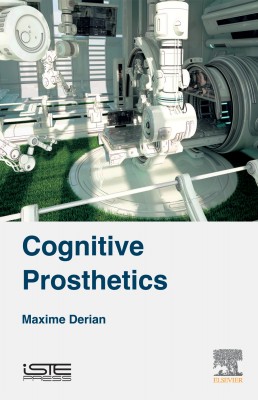
Computerized machines can be found in many forms and all around us – in our pockets, and even sometimes in our body. For many of us, they are now essential elements of everyday life.
When it comes to smartphones, connected objects, medical digital devices and e-health, these digital tools have proliferated in our environment, continually transforming our modes of social organization. They act as prostheses and orthotics that “enhance” our cognitive capacities and influence our inherent behaviors.
Are digital tools that perpetually envelop the body and the spirit able to overwhelm the social order? Could our cognitive prosthetics lead to permanent, radical change to our society, which could become similar to a hive? This book explores this reflection, which is at the center of social research on digital tools.
1. Typology of Prostheses and Interface Modes between Humans and Digital Systems.
2. Design and Distribution of Detachable Digital Prostheses.
3. Cyber-utopianism.
4. Living with Digital Prostheses.
5. The Addictive Nature of Cognitive Prostheses.
6. Cognitive Prosthetics and Social Engineering.
7. Potential Pedagogical Impact of Massive and Excessive Use of Cognitive Prosthetics.
8. Body and Technology through the Concepts of the Cyborg and the Enhanced Human.
9. The Economic and Environmental Impact and the Sustainability of Computer-based Prosthetics.
Maxime Derian is a researcher at Panthéon-Sorbonne University – Paris 1 (CETCOPRA), France, and a member of the Observatoire des mondes numériques en sciences humaines (OMNSH), France. He is an anthropologist of techniques, specializing in the domain of social uses and digital tools, especially concerning e-health. His research focuses on the hybridization of the human body with computerized machines.